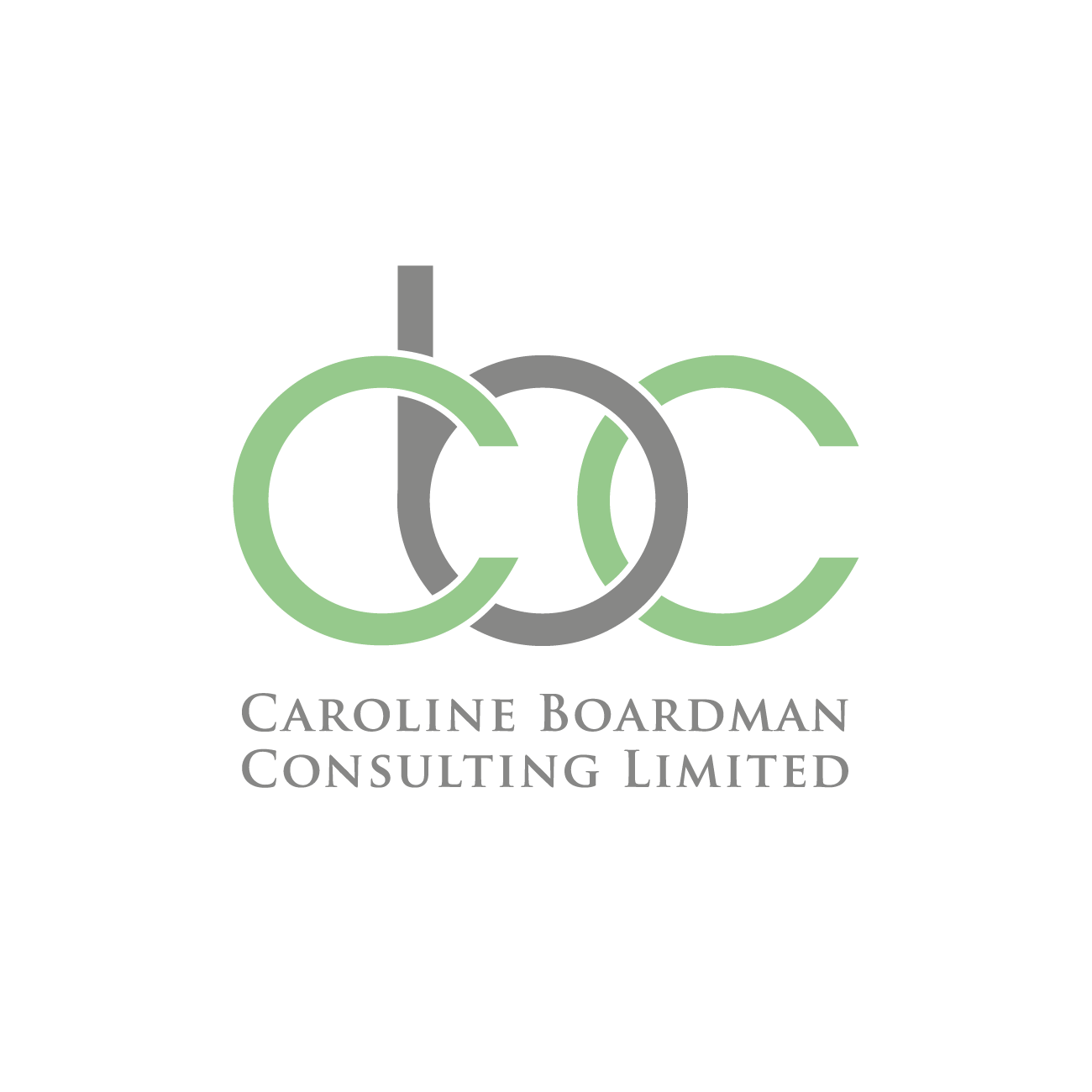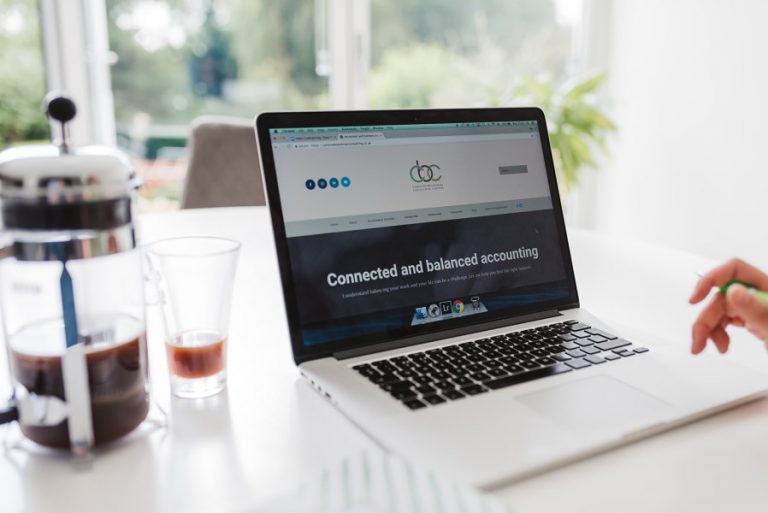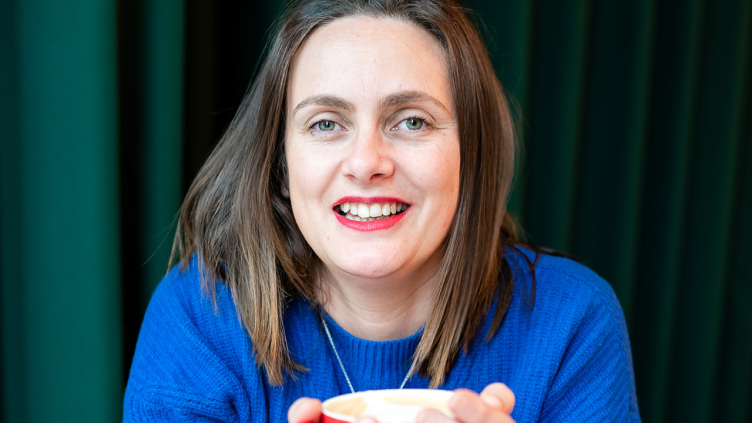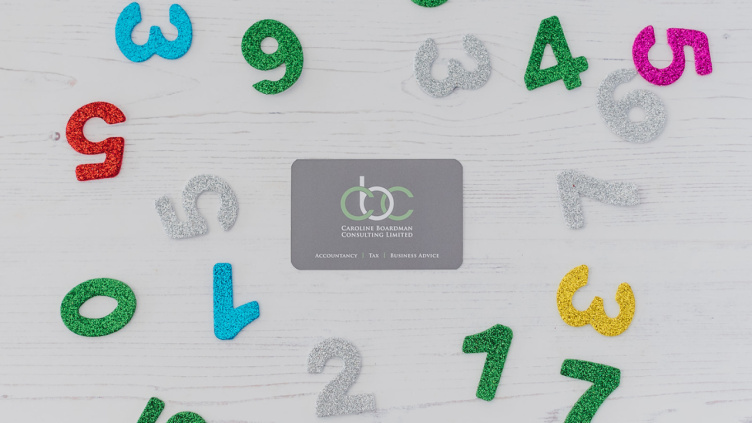If you complete a self-assessment, payments on account are something you should be aware of.
If you complete your self-assessment, and you owe more than £1,000 to HMRC in tax, you must make payments on account.
HMRC created payments on account to help spread the cost of the year’s tax. However, the first time you pay them they can seem to be more of a financial burden (especially if you leave filing your tax return until close to the deadline).
Essentially, you may be paying off some of your next tax bill in advance.
Here’s an example to help you understand how this works:
Let’s assume that you owe £1,000 in tax for your first year, and £1,500 in tax for the second year. The first year ended on the 5th of April 2019 and so the £1,000 in tax was due by the 31st January 2020. But payments on account towards the 2020 tax year would also be due.
HMRC works on the basis that you’ll owe an identical amount the following year. So, in this example, you know £1,500 in January, which is made up of your £1,000 tax bill, and £500, which is your first payment on account for next year’s bill.
Then in July, you’d pay £500, which is the second payment on account towards next year – this is what you will have recently (between mid-June to early July) received a statement to remind you of from HMRC.
So now let’s look at the second year ending on 5th April 2020. In this year, we know that you owe £1,500 in tax, but due to payments on account, you’ve already paid £1,000 of this.
This means the first payment due for the 31st January 2021 would be £500 plus the first payment on account for the next year. In this next year, HMRC would assume the business owes £1,500 in tax, so with half of that total, the business will owe £500 plus £750 a payment of £1,250 by the 31st of January, there will then be a remainder of £750, due in July 2021.
The assumption that your tax bill will be exactly the same in the following year can be a problem for your cash flow, if your profits have actually reduced, you will end up making a larger payment than you actually owe in tax.
However, if you anticipate a drop in business, you can ask HMRC to reduce your payments on account. I would recommend speaking to your accountant before making this request and make sure your analysis of the numbers is correct.
If you reduce your payments too much and under pay, HMRC will demand the difference as soon as you file your next tax return, with interest charged on top. If you’d like more information about payments on account, please send me an email at info@carolineboardmanconsulting.co.uk.



